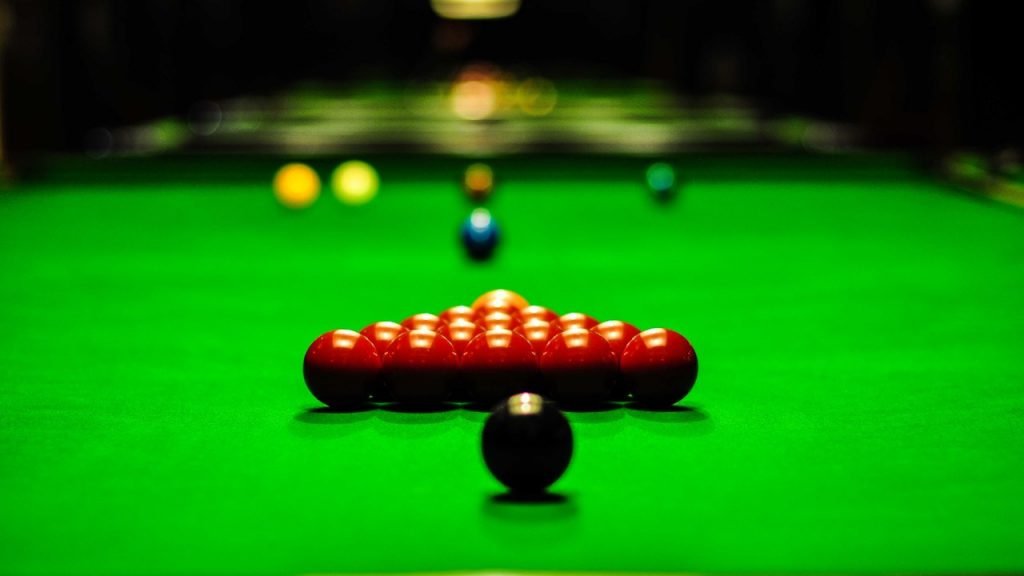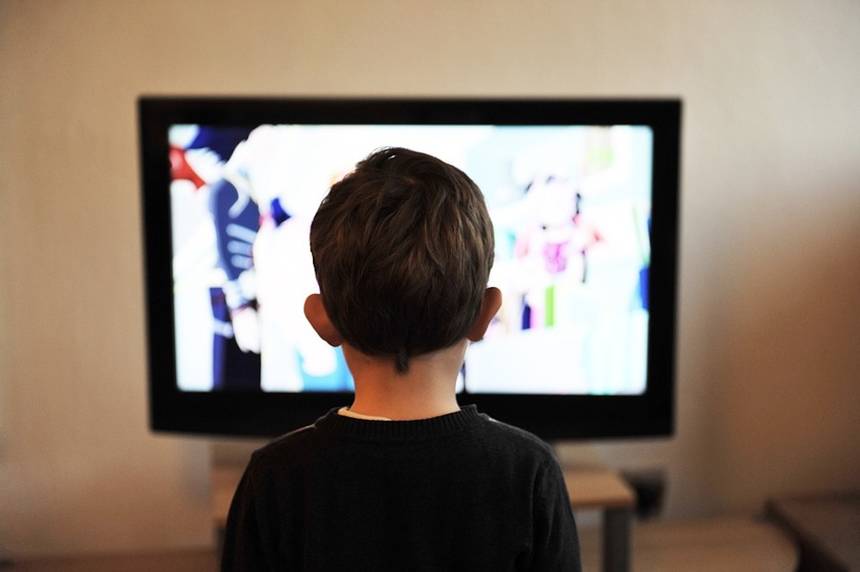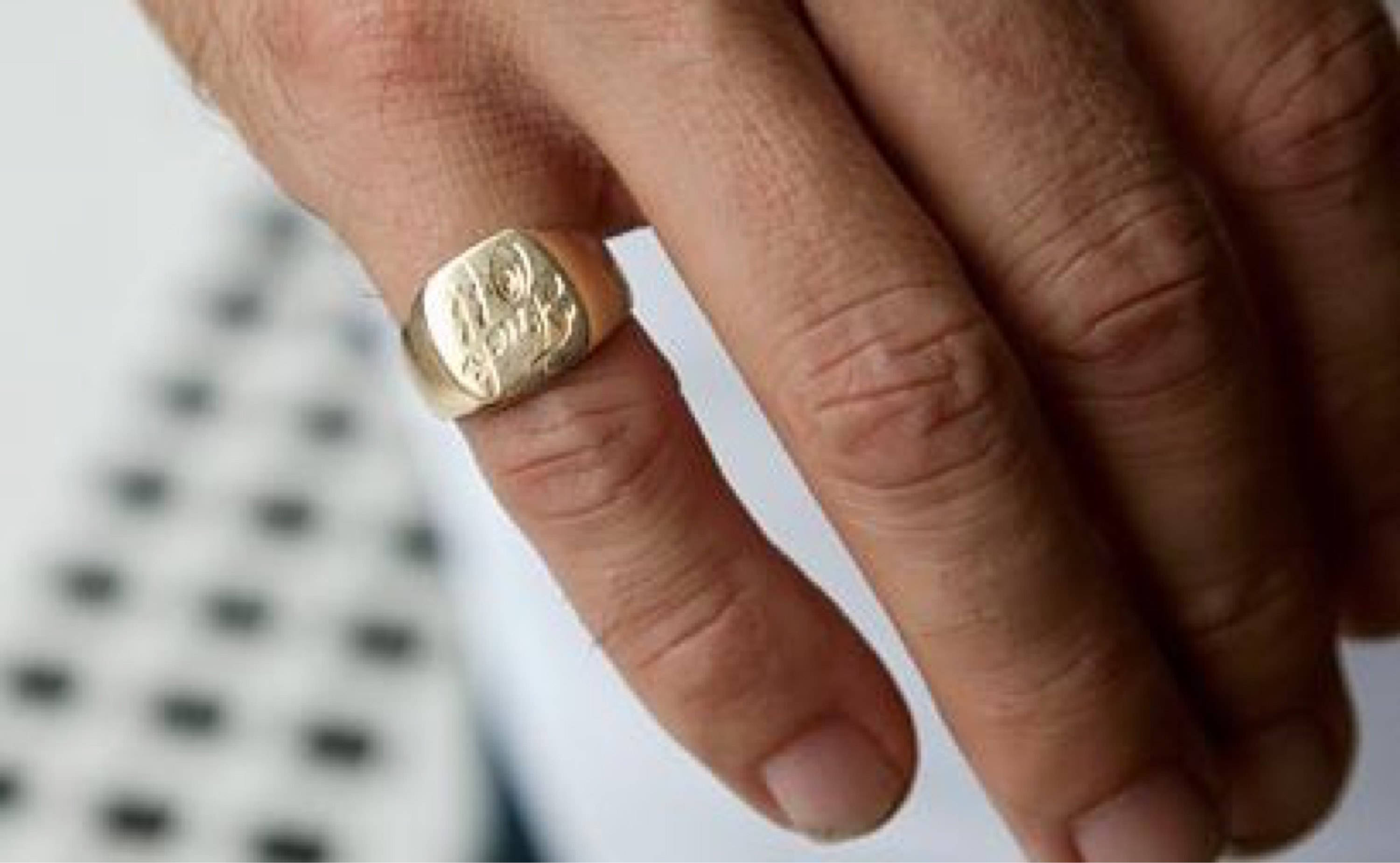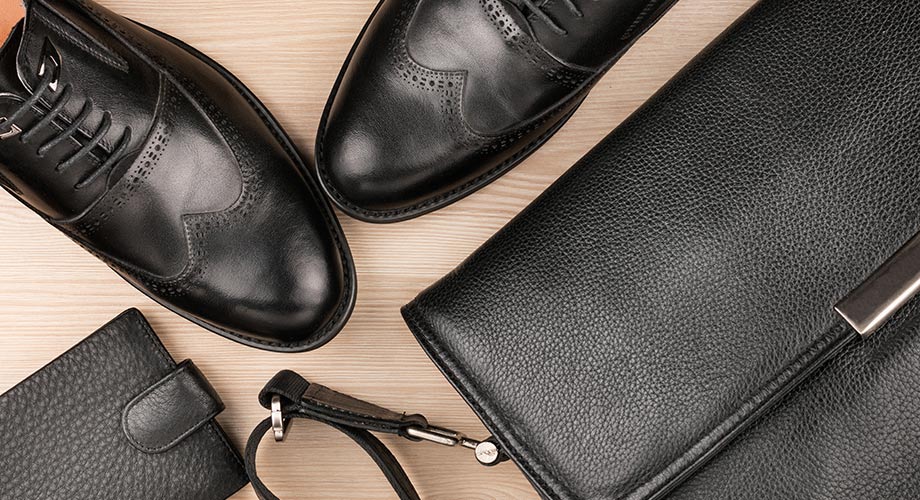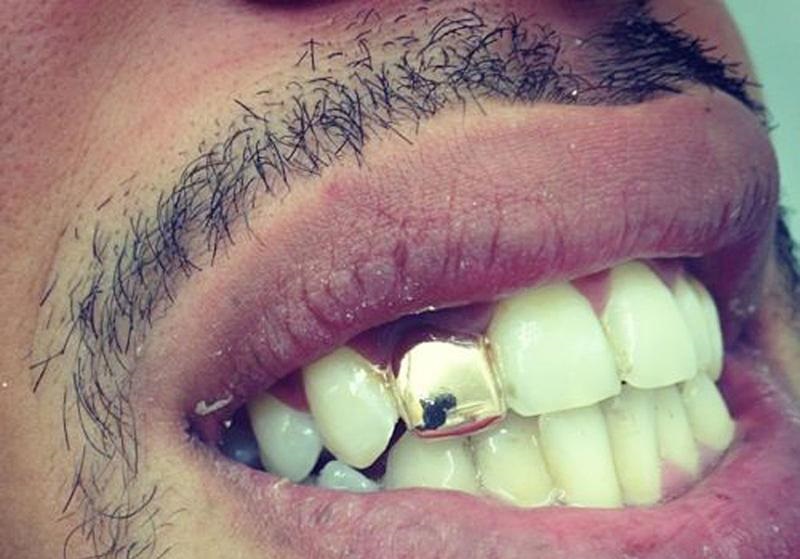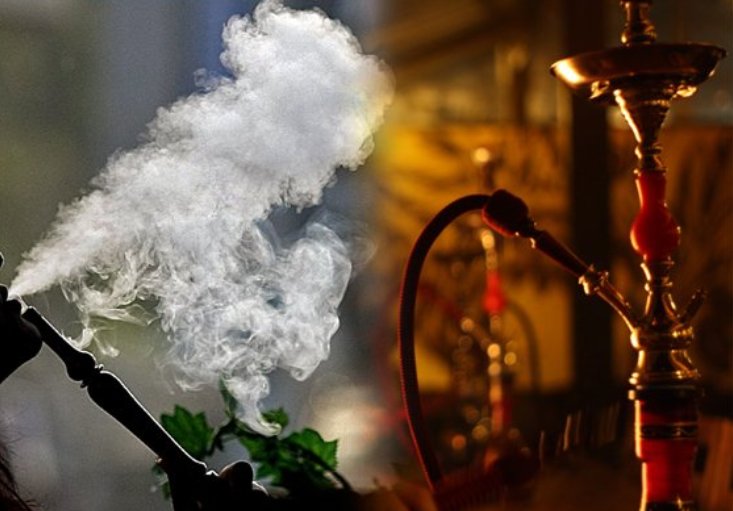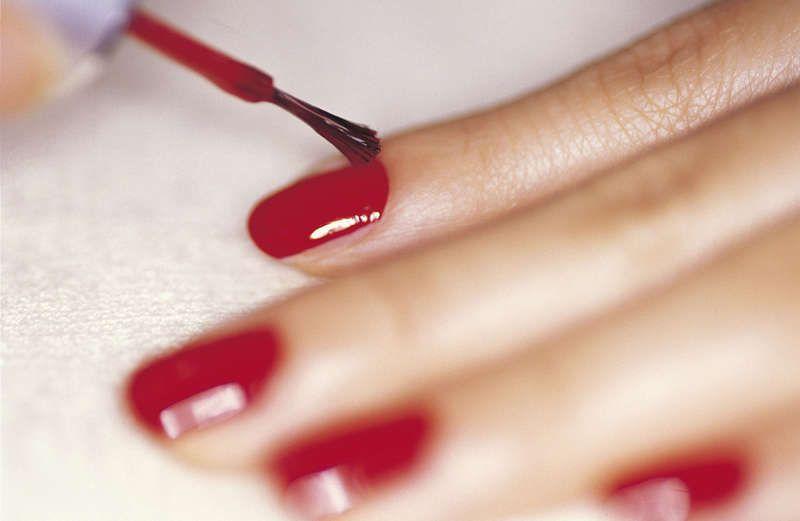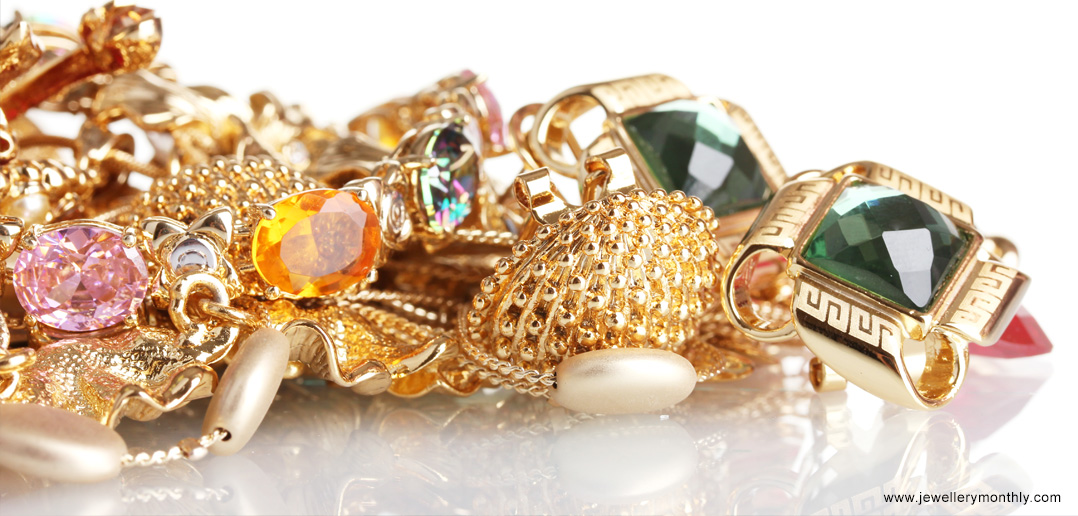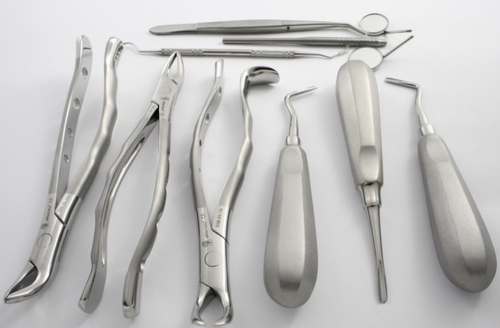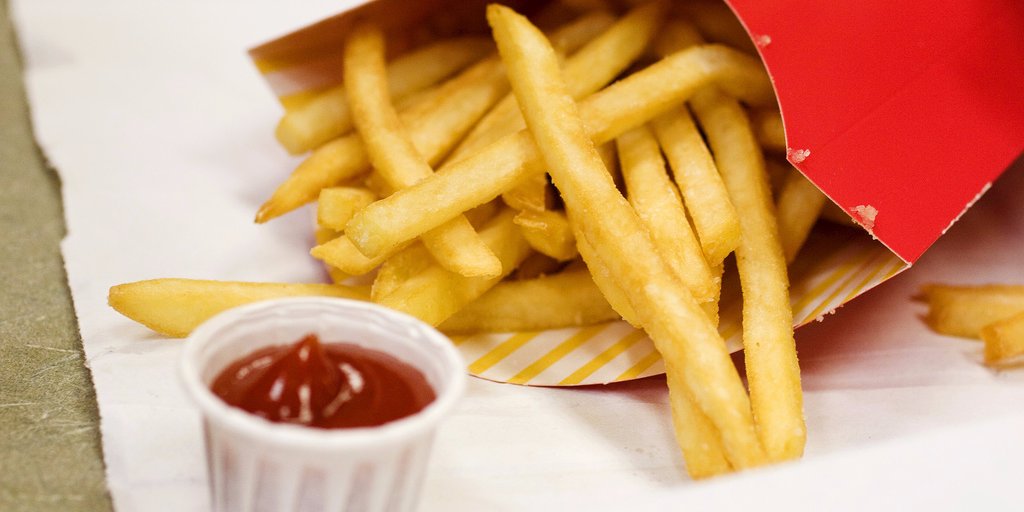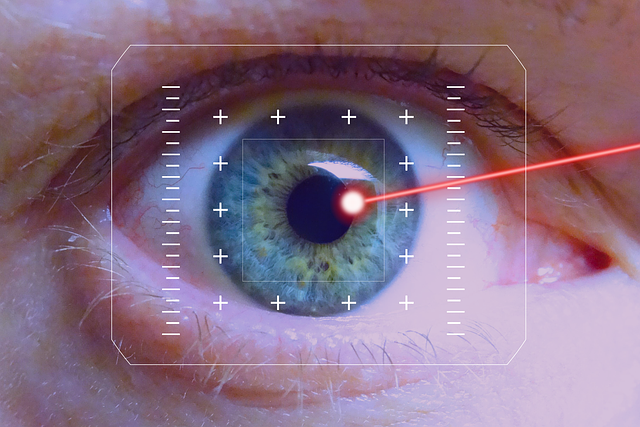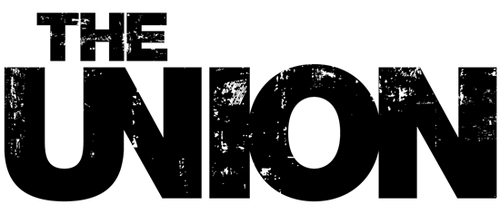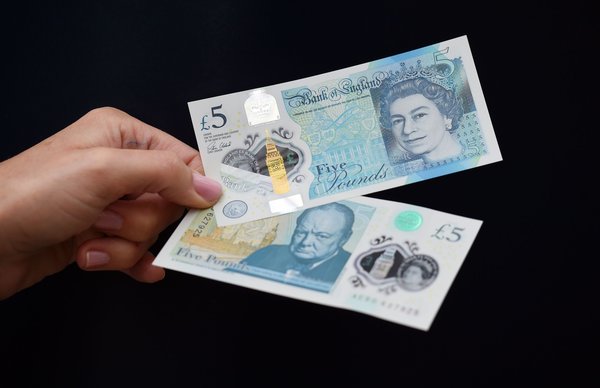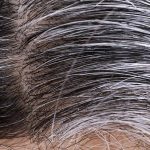QUESTION:
What do the scholars of the Dīn and muftīs of the Sacred Law state regarding the following issue: Some people have a tattoo of their name or some design, etc. made on their arm or on the palms of their hands – what is the ruling for this. Also, if a non-Muslim had this done beforehand, and then becomes a Muslim, then what is the ruling for such person?
Questioner: Kamran from UK
ANSWER:
بسم اللہ الرحمن الرحیم
الجواب بعون الملک الوھاب اللھم ھدایۃ الحق والصواب
Having one’s name pierced into the skin or getting a tattoo of any design is impermissible and one is to abstain from it in the eye of Islam, as this is changing the creation of Allāh, and it is a sin to change the creation of Allāh Almighty. In addition, having one’s name pierced or a tattoo of any other design is inked on with a needle, which causes a great deal of pain, and the human body is a great blessing bestowed & granted by Allāh Almighty; to cause pain to it without a valid reason is also impermissible.
If someone has had their name inked on their arm, etc. then such person is to repent, and if it is possible to remove the tattoo without causing any harm, then they should do so. Otherwise, if it is not possible to remove it without it resulting in harm, rather, it meaning one having to undergo the same procedure that one went through initially when having the tattoo done in the first place, then one should leave it as it is and just suffice with repentance & seeking forgiveness.
Likewise, if someone has had a tattoo of another design, etc. then this is also regarded as changing the creation of God, which is impermissible and thus a devilish act. Thereby it being stated in the Holy Qur’ān,
{وَلَاٰمُرَنَّہُمْ فَلَیُغَیِّرُنَّ خَلْقَ اللہِ}
{‘and I will definitely order them so that they will change the creation of Allāh ﷻ’}[1]
[Sūrah al-Nisā’, 119]
It is stated in Tafsīr Khazā’in al-‘Irfān regarding this verse that tattooing the body with ink, dye, etc. on the skin with patterns & designs, etc. tying the hair in big untidy & thick bundles of tangled hair is also included in this.
[Tafsīr Khazā’in al-‘Irfān, pg 175]
The Noble Prophet ﷺ has also mentioned that one is to avoid this – it is stated in a blessed Hadīth of Sahīh Muslim,
“لعن اللہ الواشمات والمستوشمات ۔۔۔۔المغیرات خلق اللہ”
“Allāh Almighty has cursed women who tattoo themselves, get tattooed…who change God‘s creation.”
[Sahīh Muslim, vol 2, pg 205]
‘Women who tattoo themselves’ has been mentioned in this Hadīth, and Muftī Ahmad Yār Khān Na’īmī, upon whom be mercy, states with regards to the explanation of this, that they are such females who tattoos themselves using a needle, etc. with ink or dye, just as female Hindūs and some male Hindūs do.
[Mir’āt al-Manājīh, vol 6, pg 153]
Similarly, having one’s name written on the arm, etc. also causes pain, and it is a sin to cause pain to oneself without a valid reason recognised in Islām. Thus, it is stated in Irshād al-Sārī,
أن جناية الإنسان على نفسه كجنايته على غيره في الإثم، لأن نفسه ليست ملكًا له مطلقًا، بل هي لله، فلا ينصرف فيها إلا بما أذن له فيه
“A person oppressing themselves is indeed a sin, just as oppressing others is a sin, because generally speaking a human being is not the owner of his own body; in reality it belongs to Allāh Almighty. Therefore, the only changes which are allowed are those which have been permitted.”
[Irshād al-Sārī li Sharh Sahīh al-Bukhārī, vol 14, pg 72]
If a Muslim has had their name written on in this manner, then they need to repent. Furthermore, if it is possible to remove it without causing any harm, then they should do so. Otherwise, if it is not possible to remove it without it resulting in harm, then they should leave it as it is and repent & seek forgiveness.
Thereby, the Imām of the Ahl al-Sunnah, Imām Ahmad Ridā Khān, upon whom be infinite mercies, states in response to a question similar to this, that it can most likely be taken off by physically removing it i.e. via the same procedure, resulting in bleeding [i.e. causing pain]. If this is the actual case, then there is nothing (further) to say in it being impermissible, whereas, if it is not possible to remove it, then what else can one do other than repent & seek forgiveness; verily the Lord Almighty ﷻ accepts repentance.
[Fatāwā Ridawiyyah, vol 23, pg 387]
However, if a non-Muslim did this and then became a Muslim, their acceptance of Islām erases all of their previous sins from beforehand. So, after accepting Islām, if it is possible to remove the tattoo without causing any harm, then they should do so. Otherwise, if this is not possible, then they should leave it as it is; a new Muslim should continue to repent & seek forgiveness, as repentance is also beneficial for them as well.
[1] this was a promise made by Satan
واللہ تعالی اعلم ورسولہ اعلم صلی اللہ علیہ وآلہ وسلم
کتبہ ابو الحسن محمد قاسم ضیاء قادری
Answered by Mufti Qasim Zia al-Qadri
Translated by Haider Ali
Read the original Urdu answer here: [Q-ID0752] What is the ruling on having tattoos? Do we have to remove them? What about Converts who had them before becoming Muslim?






